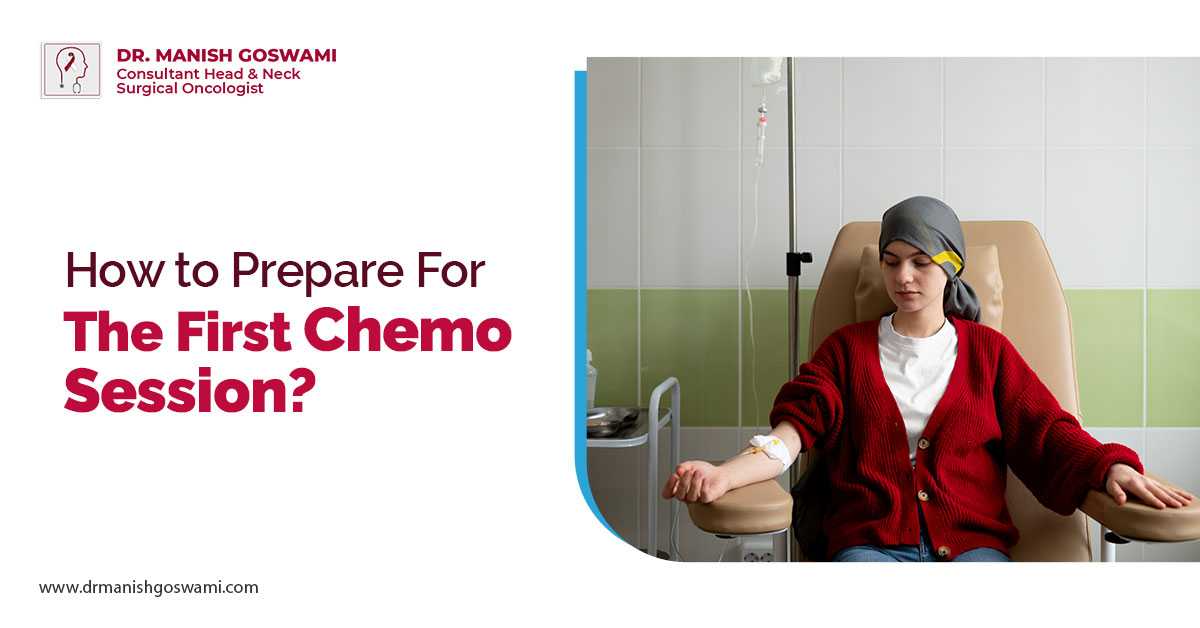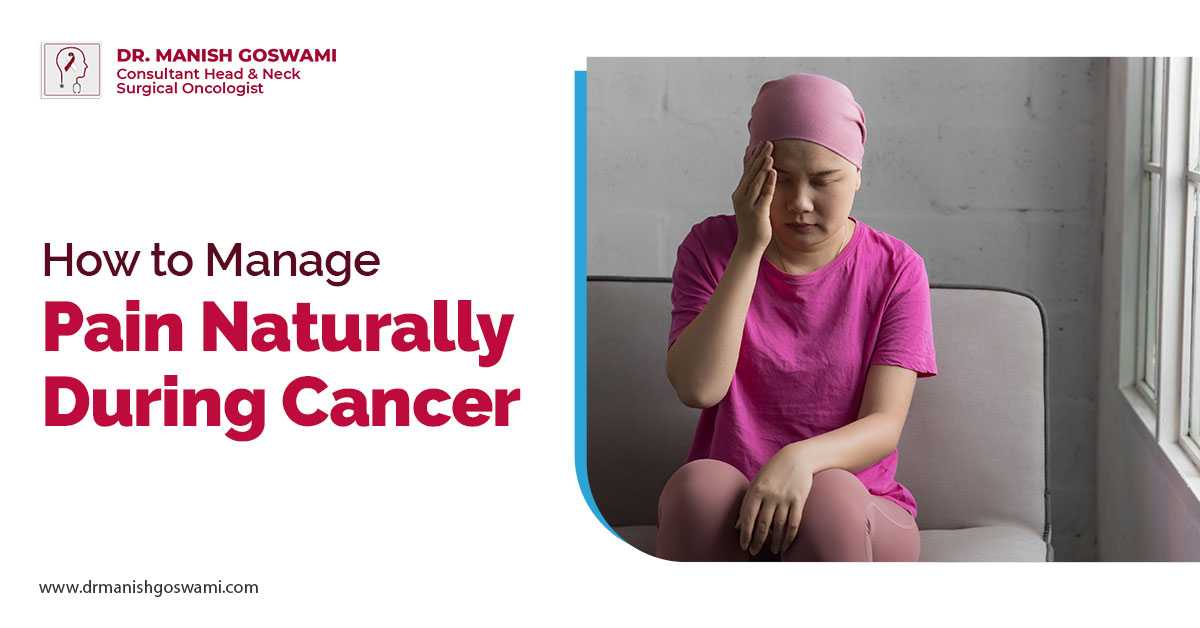If you smoke cigarettes, you’re increasing your risk of getting a number of diseases, and cancer is one of them. One of the most effective things you can do to benefit your health, safeguard your loved ones, and drastically lower your chance of cancer is to stop smoking.
Long-term smoking can make you more susceptible to cancer. You can get expert support and advice for cancer-related surgeries from the best cancer surgeon in Siliguri. You must know that quitting smoking is always possible, regardless of how long you've been smoking, a few months or years.
You can start to notice the good change within a few weeks of quitting smoking. This is because the body has an amazing ability to repair itself when it gets a suitable environment. This blog will tell you how you can stop smoking, the reasons why quitting lowers your chance of developing cancer, et al. Have a read.
Importance of Quitting Smoking
The world's leading preventable cause of death is still cigarette smoking. Many studies stated that tobacco smoking is associated with numerous different types of cancer, including malignancies of the lung, mouth, throat, esophagus, bladder, kidney, pancreas, and cervical regions.
Your body is exposed to thousands of harmful chemicals/ toxins when you smoke, many of which are recognized carcinogens. These toxic substances weaken your immune system, harm your DNA, and foster an environment that is conducive to the growth of cancer, responsible for cellular damage.
The Link Between Smoking and Cancer
Your choice to stop smoking can be strengthened if you are aware of how smoking causes cancer. Benzene, formaldehyde, arsenic, and polycyclic aromatic hydrocarbons (PAHs) are among the toxic substances that enter your lungs and bloodstream when you inhale cigarette smoke.
These chemicals or cancer-causing materials have the potential to harm your cells' DNA. And, this over time may result in gene mutations that cause unchecked cell division, which is a defining feature of cancer.
Your risk increases with the amount and duration of your tobacco smoking. But even for chronic smokers, stopping this habit can reduce that risk. After quitting smoking, your chance of developing cancer is cut in half within ten to fifteen years.
Within 20 years of quitting tobacco smoking, your risk of developing pancreatic, throat, voice box, or mouth cancer falls to nearly zero compared to nonsmokers. Get expert help so that you can look after your wellness and reduce the cancer risk associated with smoking. Seeing the best cancer surgeon in Siliguri or near you can help you with expert advice
Easy Ways to Stop Smoking and Remain Smoke-Free
-
Decide When to Quit
Decide on a set date to stop within the following two weeks. This allows you ample time to get ready, both physically and emotionally, without causing you to lose enthusiasm.
- Identify Your Triggers
Every smoker has things that make them want to smoke, such as circumstances, feelings, or habits. It could be socializing, driving, stress, or coffee, and for a few days, record when and why you light up in your smoking journal. After you've determined what your triggers are, you can make plans to manage or avoid them.
-
Choose a Quit Method That Fits You
While some people like to taper off gradually, others stop suddenly. Nicotine Replacement Therapy (NRT) products, such as patches, gum, lozenges, or inhalers, can be used in conjunction with behavioral assistance to help reduce withdrawal symptoms.
- Seek Professional Help
Speak with your physician or other healthcare professional, like a pulmonologist. In addition to prescribing drugs like bupropion (Zyban) or varenicline (Chantix), which lessen cravings and withdrawal symptoms, they can assist you in developing a customized quit plan.
-
Build a Strong Support Network
Inform your coworkers, friends, and family that you're quitting smoking. People who are supportive can have a big impact on your healthy journey. Think about joining an online or in-person support group where people can relate to your situation. Responsibility helps you stay on task, and support keeps you going when things get hard.
Prepare a List of Healthy Distractions for When Cravings Arise:
- Chew on sugar-free gum or crisp veggies like celery or carrots.
- To relieve stress, go for a walk or engage in some light exercise.
- Engage in mindfulness meditation or deep breathing exercises.
- Drink herbal tea or water to keep your lips and hands occupied.
The objective is to replace the smoking habit with something constructive, not just to stop smoking.
Manage Stress Without Cigarettes
Smoking actually raises stress hormones like cortisol, despite the fact that many individuals smoke to cope with stress.
Try these more healthful methods for handling stress:
- Regular exercise causes your body to release endorphins, which are natural stress relievers.
- Engage in mindfulness exercises to relax your body and mind, such as yoga, meditation, or deep breathing.
- A body that gets enough sleep is better able to manage stress and desires.
- Discuss your emotions with a support group, friend, or counselor.
Prepare for Relapses
Giving up smoking is a continuous process rather than an isolated event, and it's acceptable for many people to relapse before permanently stopping.
- Don't consider a mistake to be a failure; rather, consider this:
- Why did I start smoking again?
- What should I do next time?
- Next, decide on a new date to quit and begin anew. You get closer to long-term success with each try.
After you've stopped, continue to be watchful. The habit can be revived by just one cigarette. Try to avoid circumstances that can tempt you to smoke, especially in the initial months. To improve your long-term success, keep up your healthy habits and stress management techniques.
Beyond Cancer Prevention, There Are Benefits of Quitting Smoking
The main motivation for quitting is to lower your risk of developing cancer, but there are many other advantages as well.
1.Improved Lung and Heart Health
Besides lowering blood pressure and improving blood circulation, quitting smoking also lowers your risk of heart attack, stroke, and chronic lung conditions like COPD.
2.Enhanced Immune Response
A smoke-free body can recover from illness or surgery more quickly and fight infections more successfully.
3.Brighter Skin and Whiter Teeth
Tobacco smoking causes dullness and wrinkles by reducing blood flow to the skin. In addition to preventing gum disease and tooth decay, quitting improves your complexion.
4.Increased Vitality and Improved Health
Your lung capacity increases within weeks after stopping, which makes it simpler to work out and maintain an active lifestyle.
5.A Healthier, Longer Life
Years of high-quality living are added even if you quit later in life.
Final Words
When you quit smoking, your body's natural DNA repair systems work better, lowering the risk of cancer-causing mutations. Giving up smoking lowers chronic inflammation in your tissues, which is a key factor in the development of tumors.
Willpower is not always enough to quit smoking; you also need to be prepared, have support, and be persistent. You may protect your life, enhance your health, and lower your risk of cancer with each step you take to quit.
You might seek support from the best cancer surgeon in Siliguri or the top oncologist near you. Here, you might talk to Dr. Manish Madhav for cancer-related surgeries and expert advice.
Comments (0)





